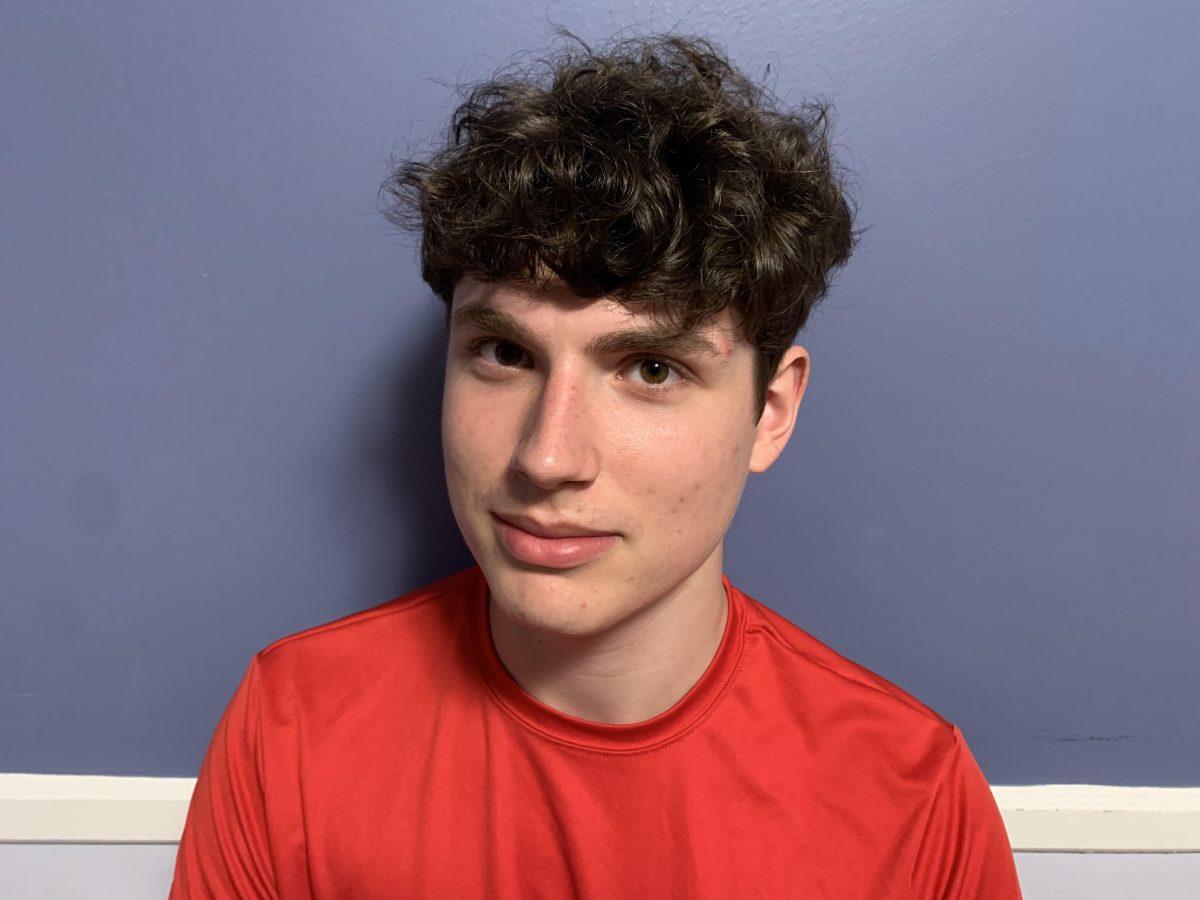Everyone likes a good conspiracy theory. I don’t mean that in a bad way — conspiracy theories can be true. However, true conspiracies possess certain qualities that make them extremely plausible even prior to confirmation.
On the other hand, theories like those following a whistleblower’s testimony about supposed alien spacecraft captured by the government are absolutely bogus. It is crucial to understand what tempts us into getting swept away by outlandish theories and how to recognize when one is engaged in unreasonable conspiratorial thinking.
The story of David Grusch, the UFO whistleblower, sticks out as a good contemporary case study on conspiracy theorizing. One man alleged a massive, decades-long coverup by the U.S. government to suppress recovered alien materials.
Congresspeople are taking it seriously, and we know the government has lied and covered up secrets before. So why am I so sure it’s a fabrication?
The answer lies in scale. If it turned out to be true, this conspiracy would be the biggest coverup in modern history. The story itself would be the biggest story in the history of humanity. It would necessitate tens of thousands of people, if not more, to have knowledge and possession of direct evidence and refuse to share it with the American people.
In addition, conspiracies are even harder to hide with modern technology. Just one errant photo taken by anyone with a phone and the whole house of cards would come crumbling down.
With these factors in mind, is it more likely that a massive conspiracy was painstakingly concealed by countless people for four decades, or that one man craved some internet stardom?
This is not the first time that some Americans have sworn by shaky theories. It is important to know why this keeps happening and the tendencies that lead to belief. The UFO theory, among others, unveils three prongs of common thinking that underlie most conspiracy theorizing.
The first is a focus on apparent irregularities: an odd joke made by a politician, or an event where a small detail is just a little bit off. Yet every event that takes place on the national or global level has so many moving parts that there will always be a couple details that seem inconsistent. Irregularities are not a smoking gun.
Our ability to gather information is imperfect and will thus result in imperfections. Small imperfections do not necessarily point to the overall narrative being incorrect.
The second is the “conspiracy of the gaps.” When a theory is whipped up, initial elements will often be proven wrong. Yet the theory immediately morphs around its basic components being incorrect, requiring a new standard for proof.
This is similar to the “God of the gaps” argument made by many religious believers — they may assume an environmental or scientific phenomenon is supernatural. When it is explained scientifically, the belief immediately shifts. If that phenomenon does not prove God’s existence, perhaps the next one that appears supernatural will. When that one is debunked, the next one might prove God’s existence, and so on. The same is often true for conspiracy theories.
Such a treadmill of evidence is seen everywhere from election deniers to 9/11 theorists.
The third feature is our natural desire for excitement. This instinct is the catalyst for all theories that would make the world more eventful if they turned out to be true. It also means that if the theories were proven wrong, we are brought right back down to boring reality.
The most exciting narrative for many people involves them standing up to the system and transgressing against it. Theorists fashion themselves as latter-day Galileos, fighting for the truth against the monolithic, all-powerful government.
Ascribing such nobility to one’s movement is at the crux of why some theories grow out of control. Any evidence-based refutation of the narrative can be shrugged off as part of the plan of the Lovecraftian state. This tendency results in the creation of an all-encompassing echo chamber in which any challenge just proves how far the state can reach.
For example, if there are countless articles from media organizations criticizing the UFO whistleblower’s testimony, it is just further proof they cannot deal with the truth, as those organizations are in on the conspiracy. Any challenge does nothing but reinforce the theory’s narrative.
I want to make one point perfectly clear — whistleblowers and truth tellers do exist. From Edward Snowden to Watergate’s Mark Felt, there have been men and women who valued doing the right thing over what was at stake. However, the decisive factor in their uncoverings was that they truly risked something and brought substantive receipts.
Buying into spurious claims made by attention seekers or online media grifters who have nothing to lose and everything to gain does a disservice to those who have provided invaluable service for Americans. Recognizing the mental traps we can paint ourselves into is the first step in sorting the wheat from the chaff.














